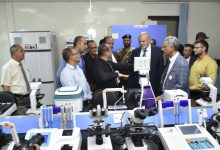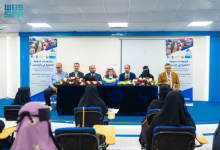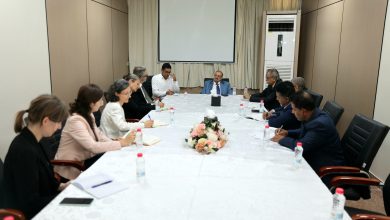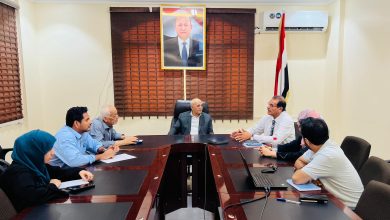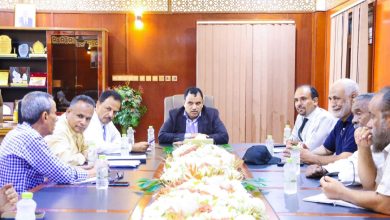Prime Minister: Combating corruption is not just a slogan but a genuine approach and stance the government is committed to.
Prime Minister Emphasizes Commitment to Anti-Corruption Efforts
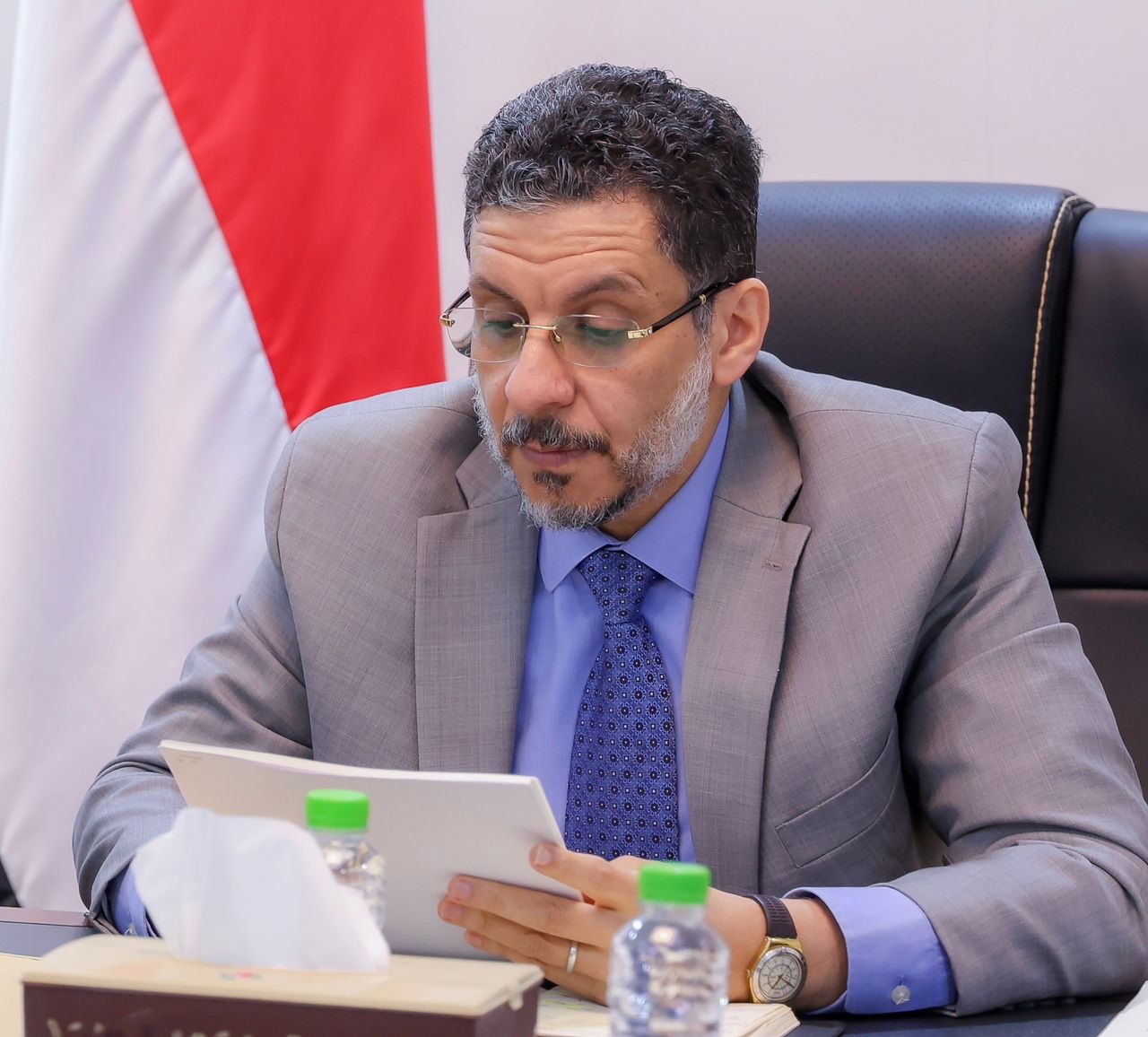
In a recent statement, Prime Minister Dr. Ahmed Awad bin Mubarak underscored the Yemeni government’s unwavering commitment to combating corruption, enhancing transparency, and ensuring accountability. He emphasized that these principles are not mere slogans but rather a fundamental approach that the government prioritizes to restore citizens’ trust and bolster international confidence.
A Collective Battle Against Corruption
Dr. bin Mubarak asserted that the fight against corruption transcends individual efforts. He stated that it requires a collective awareness and strong public support from all segments of society, including political, cultural, and media elites. He urged that the struggle against corruption is a shared responsibility that must involve every citizen.
Key Priorities Since Taking Office
During a phone interview on the “Yemen Studio” program aired on Yemen TV, the Prime Minister outlined his administration’s priorities since assuming office. He highlighted the importance of accountability and transparency, particularly following the Central Organization for Control and Auditing’s review of various government institutions. He expressed a commitment to strengthening institutions and safeguarding public funds, emphasizing that corruption includes both financial mismanagement and failures in administrative duties.
Proactive Measures to Address Corruption
Dr. bin Mubarak detailed the government’s proactive approach in responding to reports from the Central Organization for Control and Auditing. He mentioned that upon receiving these reports, he promptly referred them to the Public Prosecution. Additionally, he initiated a reform matrix for the implicated institutions and directed relevant ministries to implement necessary reforms. He stated, “When we identify practices that escalate to criminal levels, we refer them directly to the Public Prosecution.”
Investigations into Contractual Irregularities
The Prime Minister revealed that the Public Prosecution has begun investigations into the Aden Oil Refinery’s operations, particularly concerning a $180 million contract over the past nine years that resulted in significant financial losses for the government. He noted that proper accountability and transparency from the outset could have saved the country billions of dollars spent on fuel imports due to institutional failures.
Identifying Key Revenue-Generating Institutions
Dr. bin Mubarak indicated that the government has identified several institutions crucial for supporting state revenues. He mentioned five key sectors where the government is collaborating with the Ministry of Finance to enhance efficiency. He pointed out that over 31% of state expenditures go toward purchasing fuel, and the government has already achieved savings of over 40% in this sector through the activation of procurement committees.
The Dual Fight Against Corruption and Houthi Influence
The Prime Minister acknowledged that the struggle to restore state authority and end the Houthi rebellion runs parallel to the fight against corruption. He emphasized the need for a robust response to the Houthi’s attempts to impose their ideology on the Yemeni people, asserting that this effort must coincide with the commitment to transparency and accountability.
The Gravity of Corruption in Wartime
Dr. bin Mubarak described corruption as a serious crime in peacetime, but as a grave betrayal during wartime. He highlighted the importance of upholding the rule of law and maintaining a civil state in the face of the Houthi threat, which includes both violence and corruption.
Commitment to Addressing Institutional Resistance
The Prime Minister addressed the government’s strategies for dealing with institutions that resist cooperation with the Central Organization for Control and Auditing. He reaffirmed that combating corruption remains a top priority of his administration, with careful consideration of all options to ensure effective measures that benefit citizens.
Acknowledging the Challenges Ahead
Dr. bin Mubarak acknowledged that the path to eradicating corruption is challenging, especially under current extraordinary circumstances. However, he expressed confidence that with clear vision and institutional cohesion, the government would see positive outcomes. He emphasized that the fight against corruption is not about seeking quick victories but about maintaining institutions and ensuring accountability for those who engage in corrupt practices.
In conclusion, the Prime Minister reiterated his determination to advance the government’s anti-corruption agenda, stating, “Regardless of the challenges and resistance we face, we will continue this fight with resolve.”
To follow the news in Arabic
